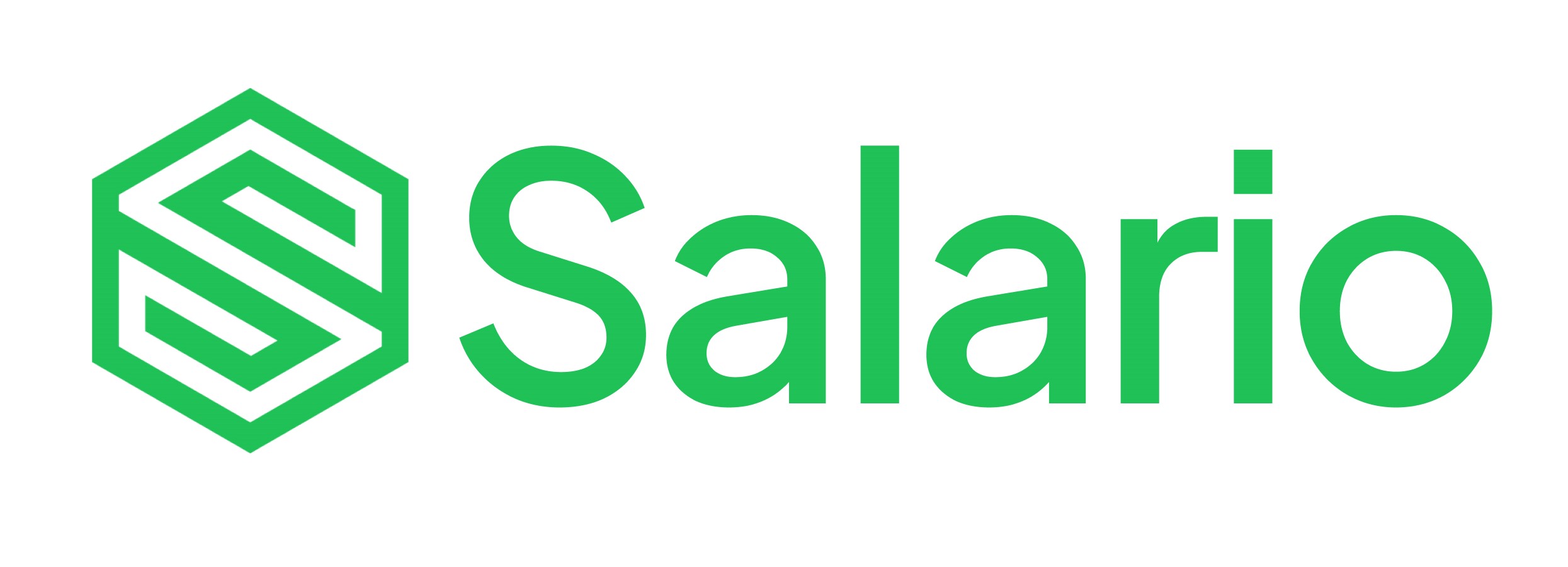
In a bustling Lagos-based startup, the HR manager spends late nights combing through payroll spreadsheets, manually calculating taxes, and cross-checking deductions. The pressure is intense. Nigeria’s regulatory environment is complex, and with evolving tax laws and compliance standards, even the most diligent payroll administrator can easily be overwhelmed. The HR manager knows that even a single error can lead to costly penalties and frustrated employees. Payroll compliance is a high-stake juggling act, but there’s a solution: payroll automation.
Payroll compliance is a critical aspect of business operations, ensuring that employee payouts and deductions adhere to local tax laws, labor regulations, and reporting requirements. For growing companies, manual payroll management is not only time-consuming but also fraught with human error. In this article, we’ll explore payroll compliance’s importance, manual systems’ challenges, and how automation can make all the difference.
Why Payroll Compliance Matters
Payroll compliance is about more than just adhering to tax laws; it’s a cornerstone of responsible business practice. Non-compliance can result in hefty penalties, legal challenges, and reputational damage. For instance, in Nigeria, failing to remit PAYE (Pay-As-You-Earn) taxes or pension contributions accurately can attract fines of up to 500,000 naira for corporate bodies, imprisonment terms of up to 6 months which all lead to a disruption of business operations.
Moreover, compliance is directly linked to employee satisfaction. Employees trust their employers to handle their earnings fairly and transparently and mistakes in payroll administration—such as underpayment, late salary deposits, or incorrect tax deductions erode this trust and lead to high turnover rates.
Effective payroll compliance requires businesses to stay updated on regulatory changes, calculate taxes accurately and maintain meticulous records. While this is feasible for large corporations with dedicated payroll teams, it’s a daunting task for small and medium-sized businesses.
The Challenges of Manual Payroll Compliance
There are various challenges that come with the role of an HR, but many times some of these challenges
- Complex Tax and Labor Laws
Nigerian businesses must navigate a maze of laws governing income taxes, pension contributions, and social security. Keeping up with these regulations manually requires constant research and attention to detail, which can be overwhelming for HR teams. - Increased Risk of Human Error
Manual payroll processes often involve spreadsheets and calculators, leaving significant room for error. A missed formula or incorrect data entry can result in inaccurate employee payments or tax filings. - Time-Consuming Processes
Processing payroll manually takes considerable time, particularly when dealing with a growing workforce. Each payroll cycle involves calculating salaries, applying deductions, and preparing compliance reports—tasks that become increasingly burdensome as the business scales. - Lack of Transparency
Without a streamlined system, generating clear reports or tracking compliance-related data is difficult. This lack of transparency can hinder audits and create additional stress during regulatory inspections. - Data Security
Data security becomes difficult without a streamlined system and process. Manual payroll makes securing data during transmission tedious and difficult to track. Employee payment details and data can be exposed in the process.
How Payroll Automation Ensures Compliance
1. Real-Time Updates to Regulatory Changes
Automated payroll systems are equipped with built-in compliance features that stay updated with the latest tax laws and labor regulations. For example, if the Nigerian government announces changes to PAYE rates, the system automatically integrates these updates into calculations, eliminating the need for manual adjustments.
2. Accurate Tax Calculations
Payroll automation ensures that taxes, pensions, and other statutory deductions are calculated accurately based on predefined rules. This reduces the risk of over- or underpayment and helps businesses avoid penalties.
3. Timely Remittance of Statutory Payments
Automated systems can schedule and process statutory payments such as PAYE, pensions, and cooperative scheme contributions on time. This ensures businesses meet payday deadlines and maintain good standing with regulatory authorities.
4. Comprehensive Reporting and Record-Keeping
Automation simplifies record-keeping by generating detailed reports on tax filings, employee contributions, and payroll summaries. These reports are invaluable for audits and compliance checks, providing a clear trail of accountability.
5. Audit-Ready Systems
Payroll automation systems are designed to maintain detailed records that are always audit-ready. In the event of a compliance check, businesses can provide accurate, up-to-date data without scrambling to gather information.
Who Benefits Most from Payroll Automation?
Small and Medium-Sized Enterprises (SMEs)
For SMEs, payroll compliance can be particularly challenging due to limited resources. Automation levels the playing field by providing access to tools that simplify compliance without requiring a large HR team.
Startups
Startups often operate in fast-paced environments where efficiency is critical. Automated payroll systems allow startups to focus on growth while ensuring that their payroll processes remain compliant.
Businesses with Remote or Distributed Teams
Managing payroll for employees across different regions or countries in today’s hybrid work environment adds complexity to compliance. Automated systems can handle multiple jurisdictions seamlessly, ensuring that all employees are paid in accordance with local laws.
HR Teams
HR professionals benefit directly from payroll automation by reducing the time spent on repetitive tasks. Automation allows them to focus on strategic initiatives, such as employee engagement and talent development, rather than payroll administration.
Conclusion
For businesses in Nigeria and beyond, payroll compliance is a non-negotiable aspect of operations as payroll complaint businesses avoid legal and financial repercussions that disrupt business operations. For startups, SMEs, and growing enterprises, the decision to automate payroll isn’t just about convenience; and it’s a step toward building a sustainable and trusted organization. Investing in payroll automation shows a commitment to operational excellence and employee well-being, paving the way for long-term success.
Payroll automation offers a solution that simplifies compliance, saves time, and reduces errors. By staying updated on regulatory changes, automating calculations, and providing detailed reports, payroll automation systems give businesses the tools to navigate complex compliance requirements effortlessly.
If compliance feels like a burden, it’s time to let payroll automation take the weight off your shoulders Salario offers smooth compliance adherence. Make the switch today and experience the peace of mind of knowing your payroll process is effortless, up-to-date, and compliant.
